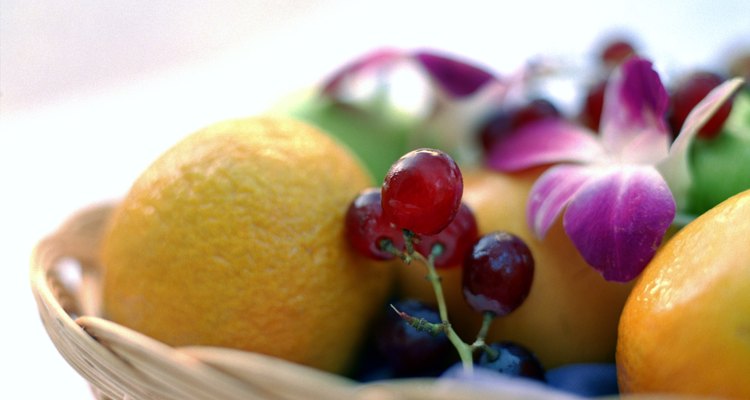
Creatas Images/Creatas/Getty Images
You might be surprised to learn that your morning orange juice is a product of China. That is, the orange did not occur naturally but is a cultivar of Chinese grapefruit and mandarin orange “invented” in China centuries ago. Today, the fruit is enjoyed throughout the world. The tree also yields floral water, which lends delicate flavor and scent to world cuisine, aromatherapy and cosmetics.
About Orange Flower Water
It’s tempting to think that orange flower water is made from the blossoms of the orange tree. However, orange flower water is a byproduct of steam distillation to obtain the essential oil, which is made from the leaves, pulp, peel, seeds and bark of the tree. The oil produced is known as neroli essential oil. Certain fractions of this oil are separated by exploiting their hydrophilic qualities, which means they are soluble in water. The result is orange flower water, although the term used in herbalism and aromatherapy to refer to this substance is flower hydrosol.
Aromatherapy Benefits
Orange flower water is calming when added to bath water. Because it contains only the bare “essence” of the essential oil, it is safe to use directly on the skin without further dilution. Elizabeth Anne Jones, author of "Awaken to Healing Fragrance: The Power of Essential Oil Therapy,” suggests spritzing orange flower water on your temples and on the back of your neck to cool off when the weather is hot or humid. She specifically recommends using orange flower water to ease headache or nervous tension. C. J. Puotinen, author of "The Encyclopedia of Natural Pet Care,” says that the topical application of orange flower water relieves anxiety and stress and speeds wound healing in pets.
Culinary Uses
In Europe, cooks add flower waters to cakes, puddings and other baked goods and confections. Orange flower water in particular is popular in Middle Eastern cuisine. In the southern United States, orange flower water lends a delicate aroma to scones, a type of quick bread typically served with butter and jam or fruit syrup. The use of orange flower water in cooking is especially common in Florida, where the orange blossom is the state flower.
Cosmetic Benefits
Flower hydrosols, such as orange flower water, can be found in a variety of skin creams and skin toners as they help hydrate dry skin and soothe sunburned or sensitive skin. Because orange flower water contains hydrophilic properties, it acts as a natural surfactant and emulsifier to enhance the application of lotions and other cosmetics. Hair care products such as shampoo and conditioner may contain orange flower water, which helps condition hair and adds shine. The hydrosol is also valued for its light scent, which blends well with other botanical fragrances.
Related Articles

Baking Substitution for Rosewater
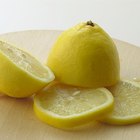
What Does Lemon Juice Do to Your Hair?
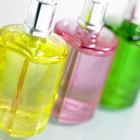
Main Ingredients in Cologne

How to Dilute Patchouli Oil
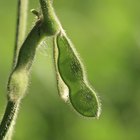
Benefits of Soybean Oil for Hair

How to Make a Homemade Water-Based Hair ...
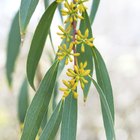
Eucalyptus Oil & Acne

The Benefits of Sunflower Oil on Hair

Ingredients in Curel Lotion

Purpose of Perfume

Difference Between Clover & Orange ...
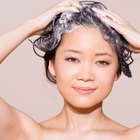
Essential Oils That Make Hair Smell Good

Aveda Shampure Ingredients

What Is the Meaning of a Ring in the ...

Carrot Oil for Acne
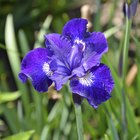
What Does a Purple Iris Symbolize?

How to Use Secret of Desert Egyptian Oil

Ingredients in Becherovka
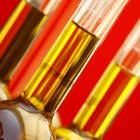
Jojoba Oil Benefits
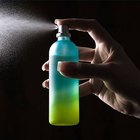
What Is a Perfume Atomizer?
References
- Purdue University: Fruits of Warm Climates; Julia F. Morton; 1987
- "Awaken to Healing Fragrance: The Power of Essential Oil Therapy"; Elizabeth Anne Jones; 2011
- "The Encyclopedia of Natural Pet Care"; C. J. Puotinen; 2000
- Quinessence Aromatherapy: About Hydrosols and Flower Water
Writer Bio
Karyn Maier is a seasoned columnist and feature writer. Since 1992, her work has appeared in Mother Earth News, The Herb Quarterly, Better Nutrition and in many other print and digital publications. She is also the author of five books, and is published in six languages.
Photo Credits
Creatas Images/Creatas/Getty Images